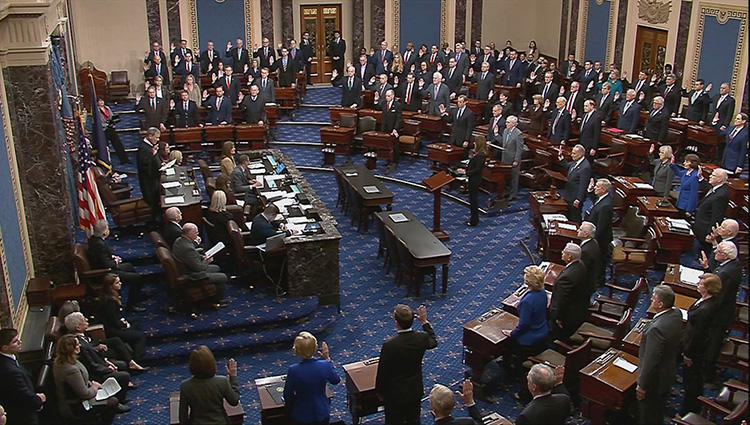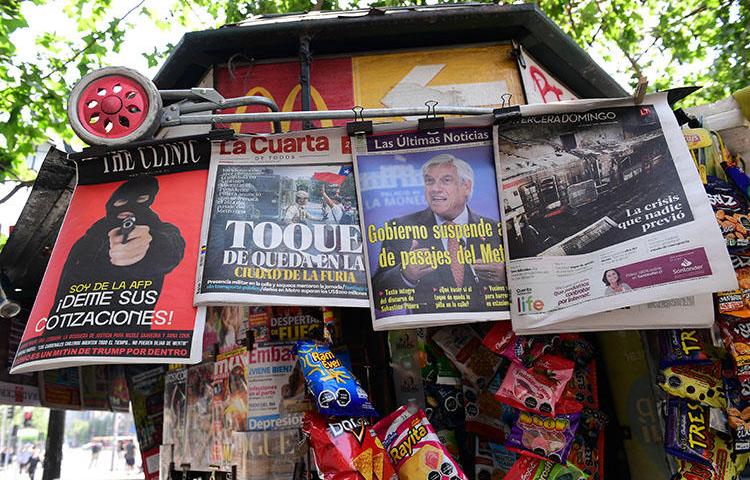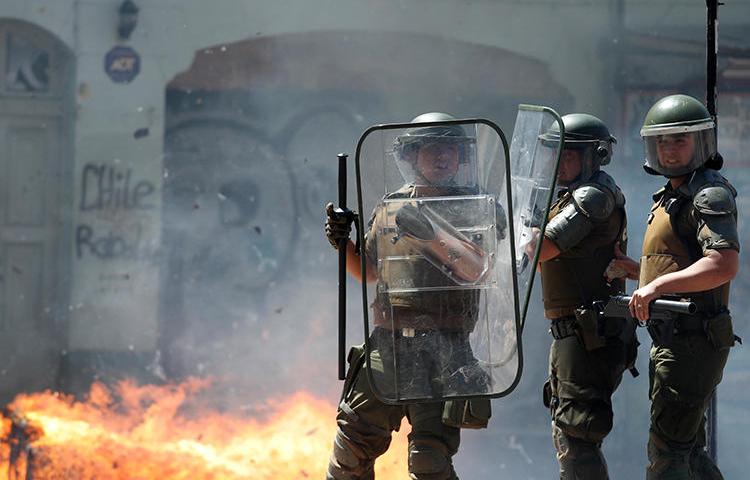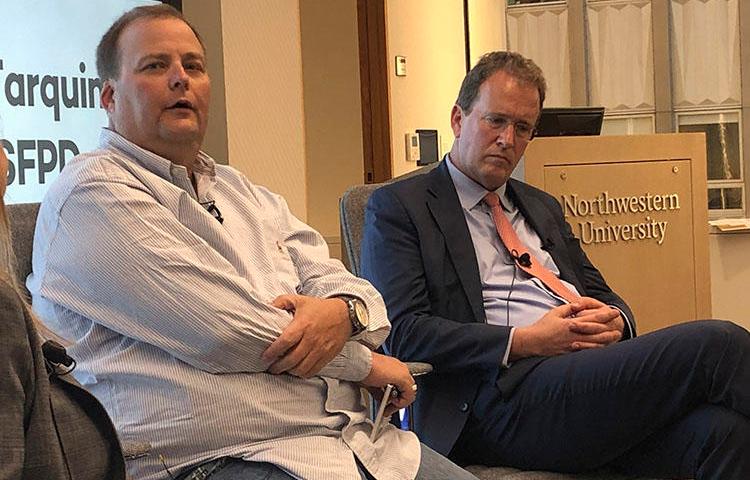
CPJ, 57 news organizations ask Senate to rethink press restrictions during impeachment
The Committee to Protect Journalists and at 57 other news organizations yesterday sent a letter to Senate authorities asking them to reconsider press restrictions during the impeachment trial of President Donald Trump.

Masked attackers ransack Chilean newspaper, break equipment and set fires
Miami, January 16, 2020—Chilean authorities should immediately investigate an attack on the daily newspaper El Mercurio de Antofagasta and bring those responsible to justice, the Committee to Protect Journalists said today. Masked men broke into the newspaper’s headquarters in Antofagasta, a city in northern Chile, on January 13, damaging several offices, stealing equipment, and setting…

Missing radio anchor found dead in Mexico’s Michoacán state
Mexico City, January 13, 2020—The Committee to Protect Journalists today urged Mexican authorities to open a credible and transparent investigation into the death of reporter Fidel Ávila Góme, whose body was found on January 7 near the state borders of Michoacán and Guerrero.

Colombian magazine Semana alleges military spied on its journalists
Bogotá, January 13, 2020 – Colombian authorities must undertake an in-depth and transparent investigation into allegations that the military illegally spied on journalists, and ensure those responsible are brought to justice, the Committee to Protect Journalists said today.

Police beat, detain journalists covering protests in São Paulo
Rio de Janeiro, January 10, 2020 — Brazilian authorities must promptly investigate alleged police harassment and attacks against journalists covering protests in São Paulo, and ensure that reporters can safely cover demonstrations, the Committee to Protect Journalists said today.

Venezuelan photojournalist Jesús Medina released after 16 months in prison
New York, January 7, 2020 — The Committee to Protect Journalists today welcomed the release of Venezuelan freelance photojournalist Jesús Medina after more than 16 months of arbitrary detention, and called for Venezuelan authorities to drop all charges against him.

British Virgin Islands law to impose fines, jail terms for online defamation
Miami, December 23, 2019 — British Virgin Islands Governor Augustus Jaspert should reject cybercrime legislation recently approved by the territory’s legislature, or require revisions to the bill to protect press freedom, the Committee to Protect Journalists said today.

Headquarters of Chilean daily El Líder damaged in arson attack by protesters
On November 26, 2019, at around 8 p.m., unidentified demonstrators broke into the headquarters of Chilean newspaper El Líder, in the commune of San Antonio, Valparaíso, started fires, and vandalized the newspaper’s offices, according to news reports and a statement from the National Press Association, an independent association of Chilean media outlets.

